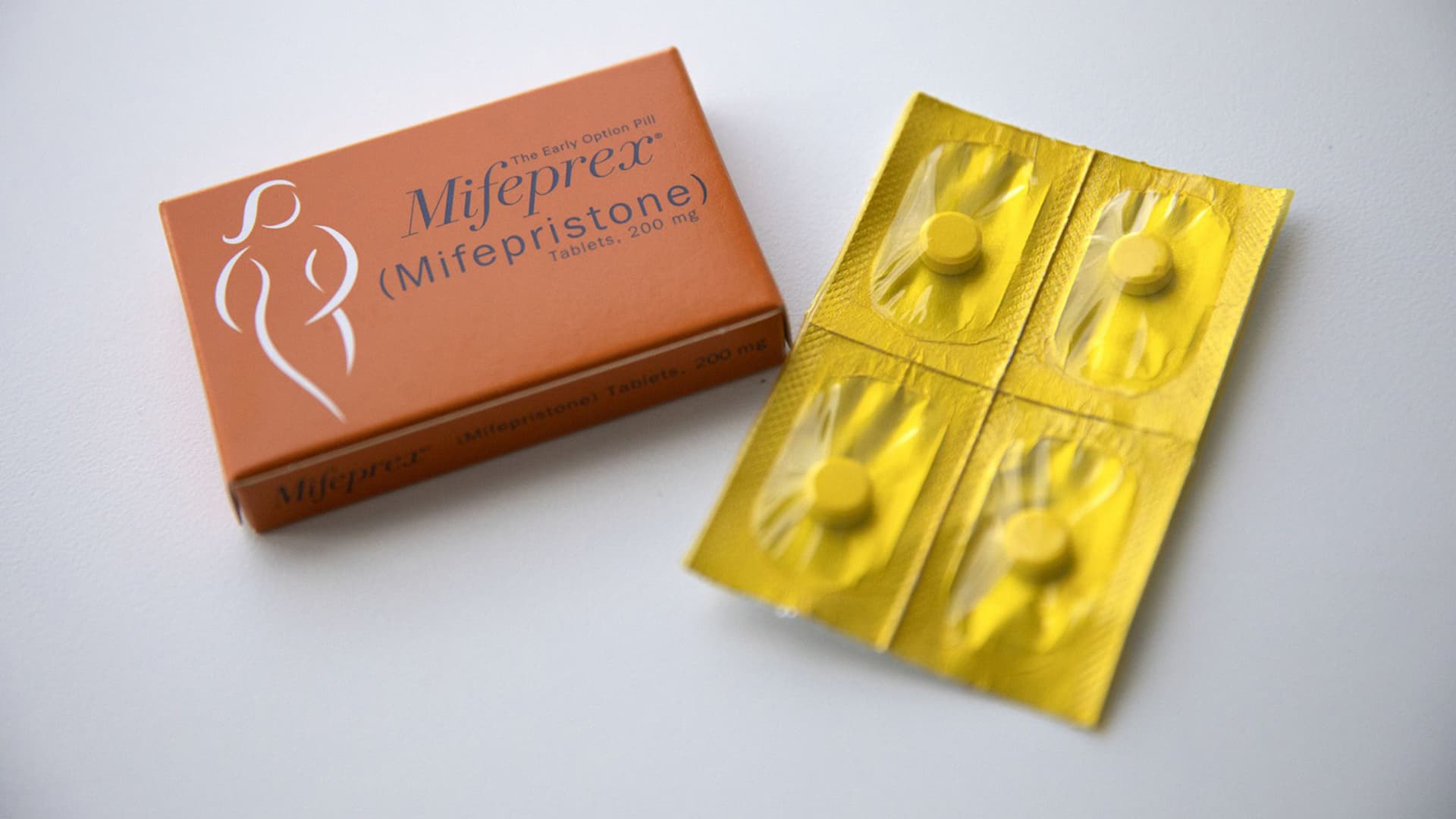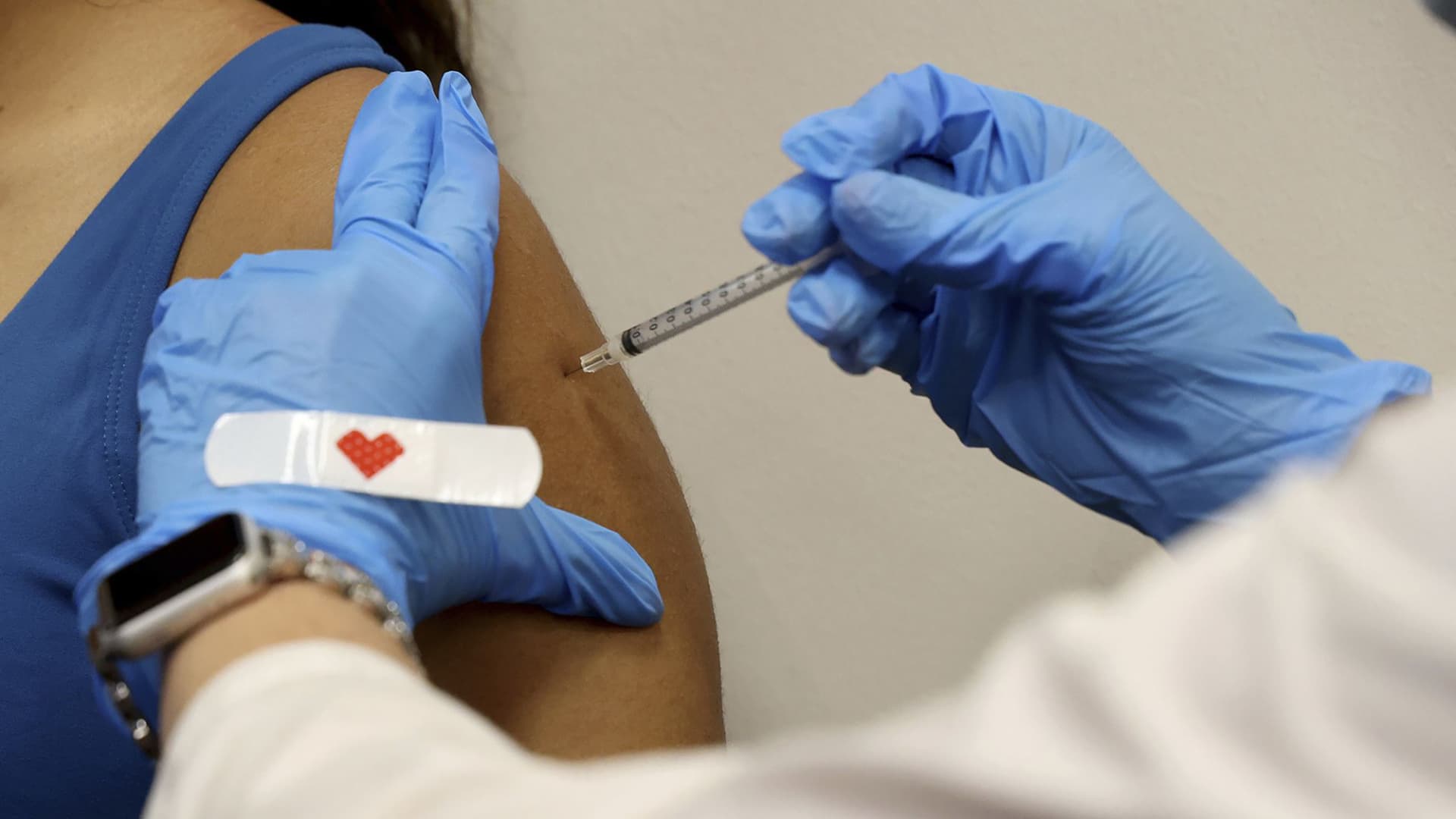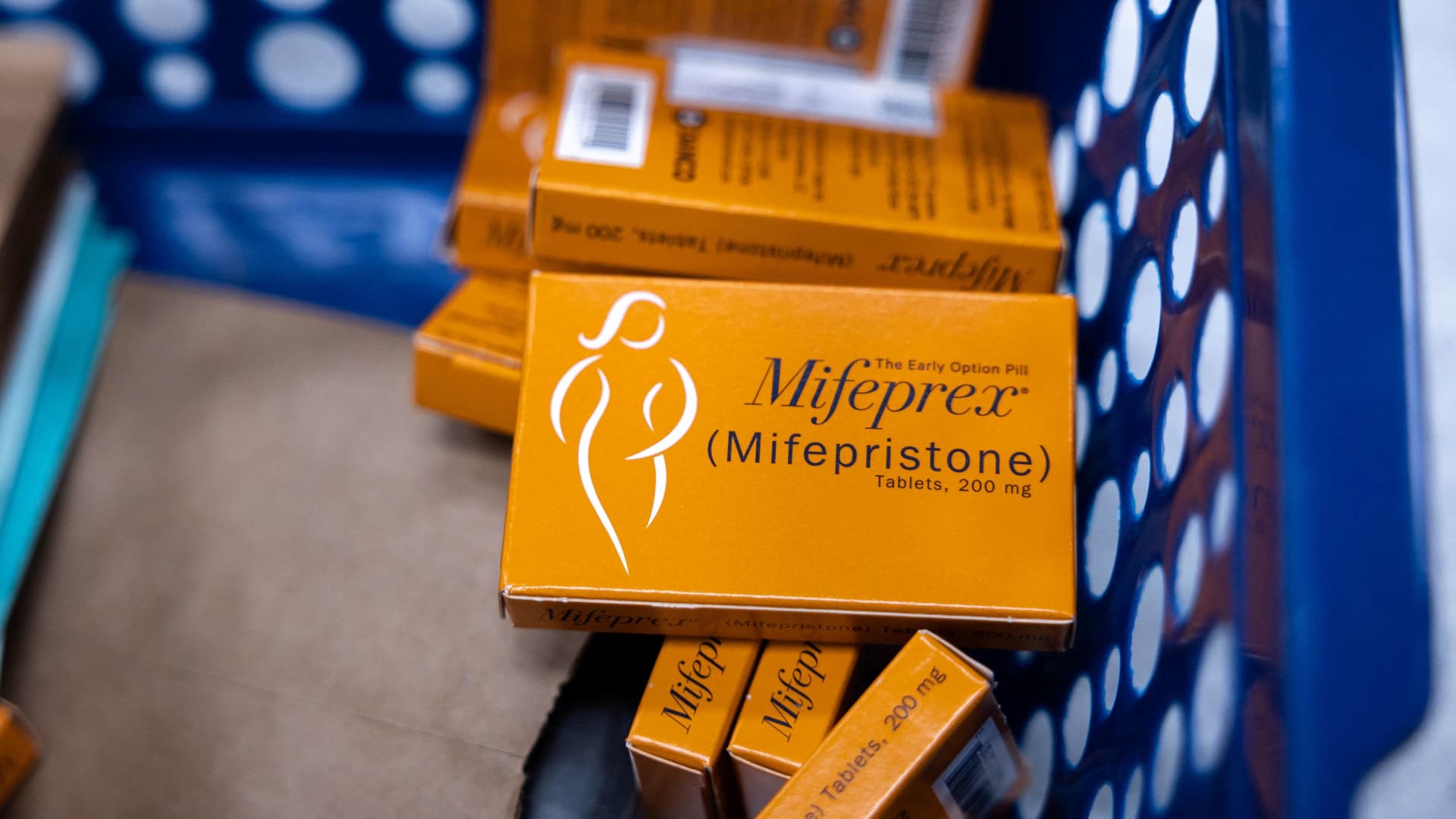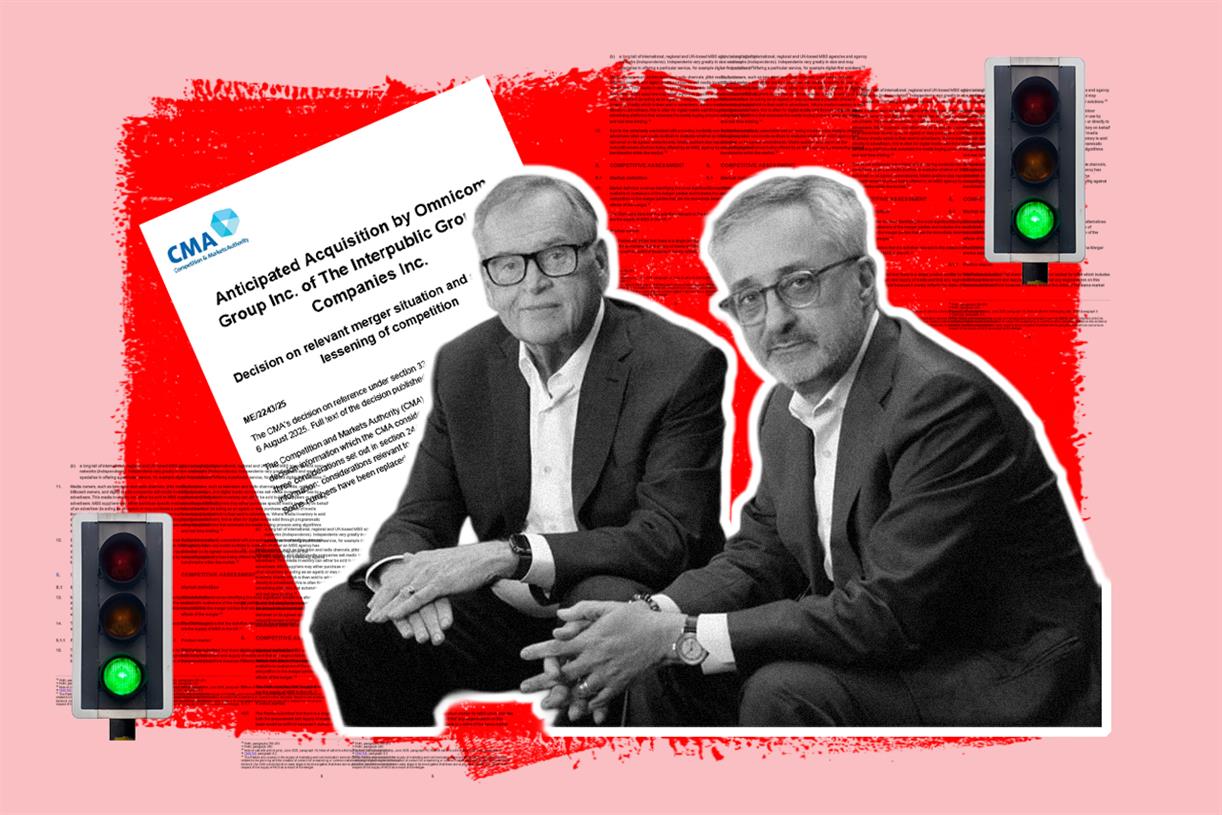Senate Democrats urge Walmart, Costco, Albertsons and Kroger to sell abortion pill mifepristone
The senators urged the companies to get certified with the FDA to sell the abortion pill mifepristone and provide access that is as broad as possible.

In this 2018 photo, mifepristone and misoprostol pills are provided at a Carafem clinic for medication abortions in Skokie, Illinois.
Erin Hooley | Tribune News Service | Getty Images
Senate Democrats called on Walmart, Costco, Albertsons and Kroger to sell the prescription abortion pill mifepristone and clearly let customers know how to get it at their pharmacies.
The companies have not publicly stated yet whether they plan to sell mifepristone at their pharmacies. The Food and Drug Administration in January allowed retail drugstores to sell the abortion pill so long as they become certified under a federal program that monitors how the medication is dispensed.
The 17 senators told Walmart CEO Doug McMillon, Costco CEO Craig Jelinek, Albertsons CEO Vivek Sankaran and Kroger CEO Rodney McMullen that they are frustrated the companies have not yet publicly indicated whether they will sell mifepristone. In letters dated Monday, but released to the public Tuesday, they asked the CEOs to respond by March 21 on whether they plan to get certified with the FDA to dispense the medication.
Strong access
"We urge you to pursue policies that provide the strongest possible access to the full range of essential health care they need, including mifepristone, and to communicate clearly to your customers about how they can access this care," the senators wrote to the CEOs. The group of lawmakers was led by Sens. Patty Murray of Washington and Debbie Stabenow of Michigan.
The abortion pill has become the central flashpoint in the legal battle over access to abortion in the wake of the Supreme Court's decision last June to overturn Roe v. Wade. Major retailers in the U.S. have been thrust in the middle of the nation's deep divisions over abortion as they weigh whether to sell mifepristone.
Twelve states have banned abortion and several others have tighter restrictions on mifepristone than federal regulations, creating a patchwork legal landscape where those who support and oppose abortion are fighting over whether FDA authority or state law reigns supreme.
Used in combination with another drug called misoprostol, mifepristone is the most common way to terminate a pregnancy in the U.S., accounting for about half of all abortions.
Walgreens under fire
Walgreens, CVS and Rite Aid said in January that they plan to get certified with the FDA to sell mifepristone in states where it is legal to do so. Republican attorneys general in 21 states warned the Walgreens and CVS in early February to not mail mifepristone in their states.
Walgreens has come under fire after it told the GOP attorneys general that it would not sell mifepristone in their states. The drugstore's response sparked controversy because the company is also not selling the medication in states such as Kansas, where abortion is protected under the state constitution. A state court blocked a law in November that required patients to take mifepristone in the same room as a doctor.
Join CNBC's Healthy Returns on March 29th, where we'll convene a virtual gathering of CEOs, scientists, investors and innovators in the health care space to reflect on the progress made today to reinvent the future of medicine. Plus, we'll have an exclusive rundown of the best investment opportunities in biopharma, health-tech and managed care. Learn more and register today: http://bit.ly/3DUNbRo
The senators accused Walgreens CEO Roz Brewer of yielding to pressure from the attorneys general and accused the company of creating confusion by not selling mifepristone in some states where abortion remains legal.
"While we are well aware of threatening letters you received with regard to the distribution of mifepristone in certain states, the response to those pressures was unacceptable and appeared to yield to these threats — ignoring the critical need to ensure patients can get this essential health care wherever possible," the senators wrote.
The senators also asked CVS Health CEO Karen Lynch and Rite Aid CEO Elizabeth Burr against following Walgreens lead, urging them to "fully assess the laws in each state and ensure your policies provide the strongest possible legal access to this essential health care."
California cancels contract
California Gov. Gavin Newsom said last week that the state government would no longer do business with Walgreens over its stance on mifepristone. The state canceled the renewal of $54 million contract for specialty prescription drugs primarily used by the state prison system.
Walgreens spokesperson Fraser Engerman said the company was deeply disappointed by Newsom's decision and plans to sell mifepristone where it is legal to do so, including California.
"Walgreens is facing the same circumstances as all retail pharmacies, and no other retail pharmacies have said that they would approach this situation differently, so it's unclear where this contract would now be moved," Engerman said.

 FrankLin
FrankLin 
































